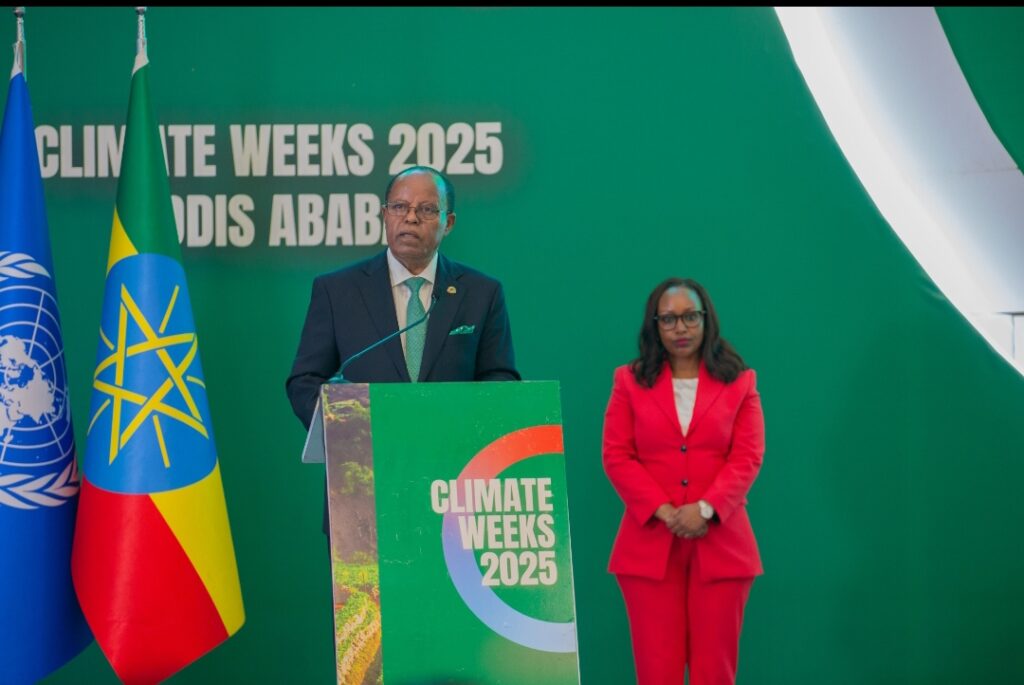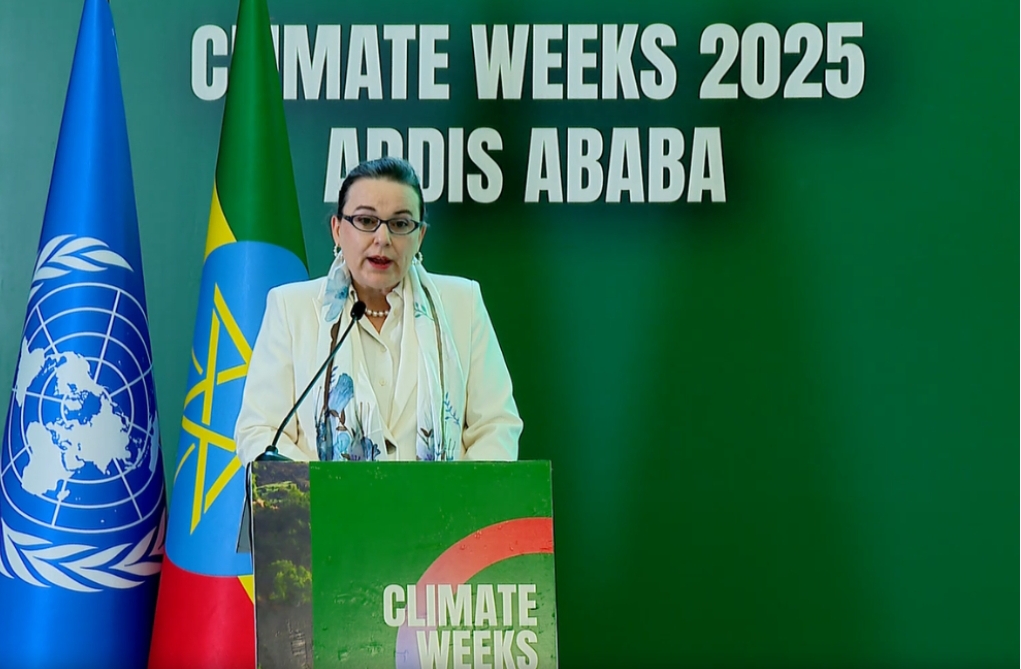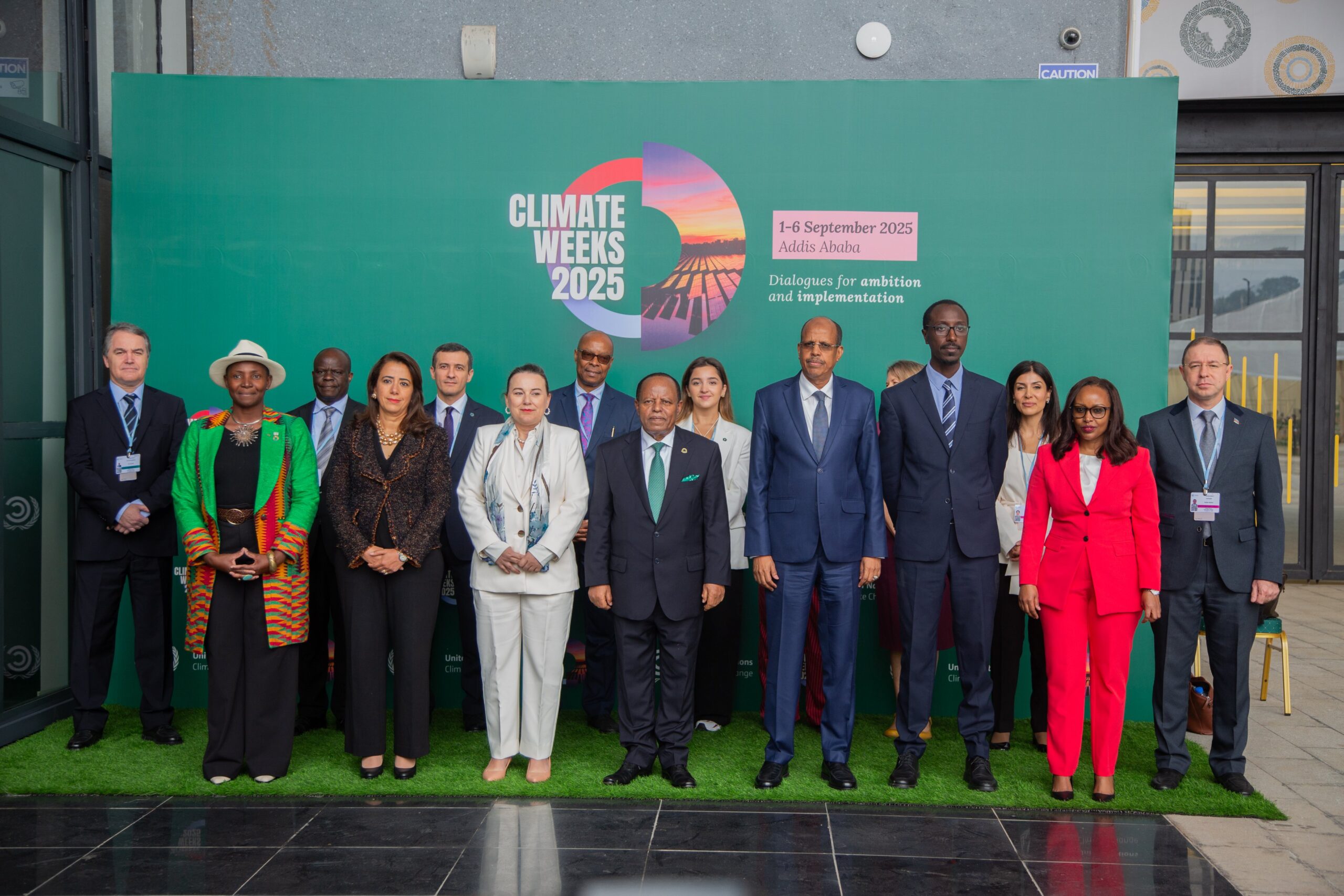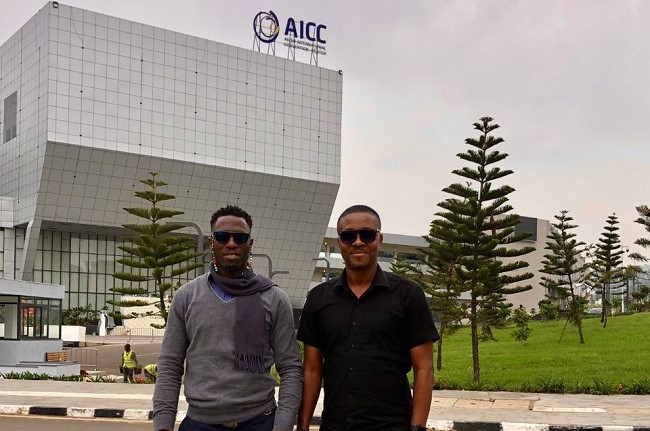The Second United Nations Climate Week opened on Monday with African leaders making a resounding call for urgent climate finance, fair energy transition, and global solidarity as the continent confronts worsening climate shocks.
In his keynote address, Ethiopia’s President, Taye Atske Silassie underscored the importance of the “Baku to Belém Roadmap”, which seeks to mobilize $1.3 trillion annually by 2030 to finance global climate action.

He said this level of financing is vital for investments in renewable energy, climate-smart agriculture, and sustainable infrastructure.
“Extreme weather events are pushing millions into poverty and damaging vital infrastructure. Africa cannot continue to pay the price for a crisis it did not create. We need swift, tangible commitments from the global community,” President Taye declared.
Although Africa contributes less than 4 percent of global greenhouse gas emissions, it remains one of the regions most severely impacted by climate change.
Rising temperatures, floods, droughts, and desertification threaten food security, health, and livelihoods across the continent.
President Taye emphasized that Africa should not be forced to choose between economic growth and environmental protection.
Instead, he called for climate action that drives inclusive development, creates jobs, and secures food systems.
Ethiopia used the platform to showcase some of its landmark climate initiatives.
These include: Green Legacy Initiative Over 47.5 billion trees planted since 2019 to combat deforestation and restore ecosystems.
Climate-Smart Wheat Initiative: Transitioning Ethiopia from wheat imports to self-sufficiency, reducing vulnerability to global food supply shocks.

Grand Ethiopian Renaissance Dam (GERD): A mega-hydropower project expected to generate over 5,000 megawatts of renewable energy positioning the country as a clean energy hub.
“These are proof that Africa has solutions. But scaling them requires finance, technology, and partnerships,” President Taye added.
UN, AU back Africa’s demands
UN Climate Change Deputy Executive Secretary, Noura Hamladji, echoed the urgency of the moment, stressing that the $1.3 trillion annual financing pledge must move from aspiration to reality.
“Climate weeks are about translating pledges into action. Africa has already demonstrated leadership with community mini grids, Kenya’s recycling innovations, and Ethiopia’s tree planting drive. But these initiatives need greater international backing,” Hamladji said.
She emphasized that cooperation and solidarity were essential to deliver solutions at scale, warning that the crisis cannot be solved in isolation.
African Union Commission Chairperson, Mahamoud Ali Youssouf, reaffirmed the AU’s commitment to climate leadership, while urging global partners to ensure equitable finance flows, effective technology transfer, and capacity building for African countries.
The Addis Ababa Climate Week serves as a prelude to the Second Africa Climate Summit also scheduled to take place in the Ethiopian capital later this year.
Both events are expected to consolidate Africa’s position ahead of COP30 in Belém, Brazil, where climate finance and just transitions will dominate the agenda.
Analysts say the strong unified messaging from Addis Ababa signals Africa’s determination to move from “dialogue to delivery,” ensuring that the continent’s voice is not sidelined in global negotiations.
For Africa, climate finance is not just about adaptation it is about survival, equity, and the chance to redefine its development trajectory in a warming world.
By Dare Akogun





